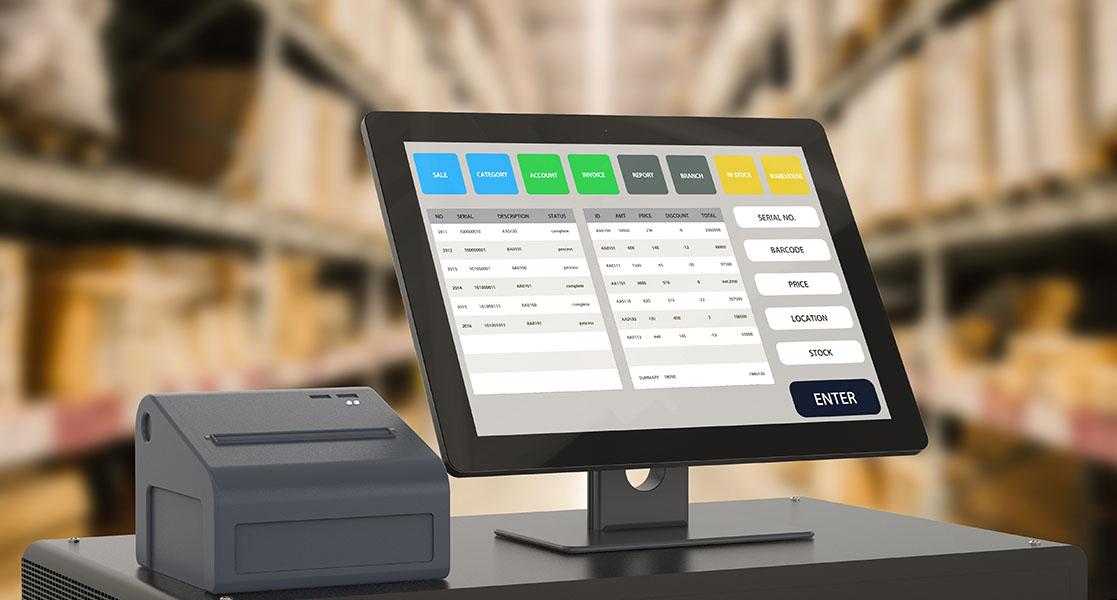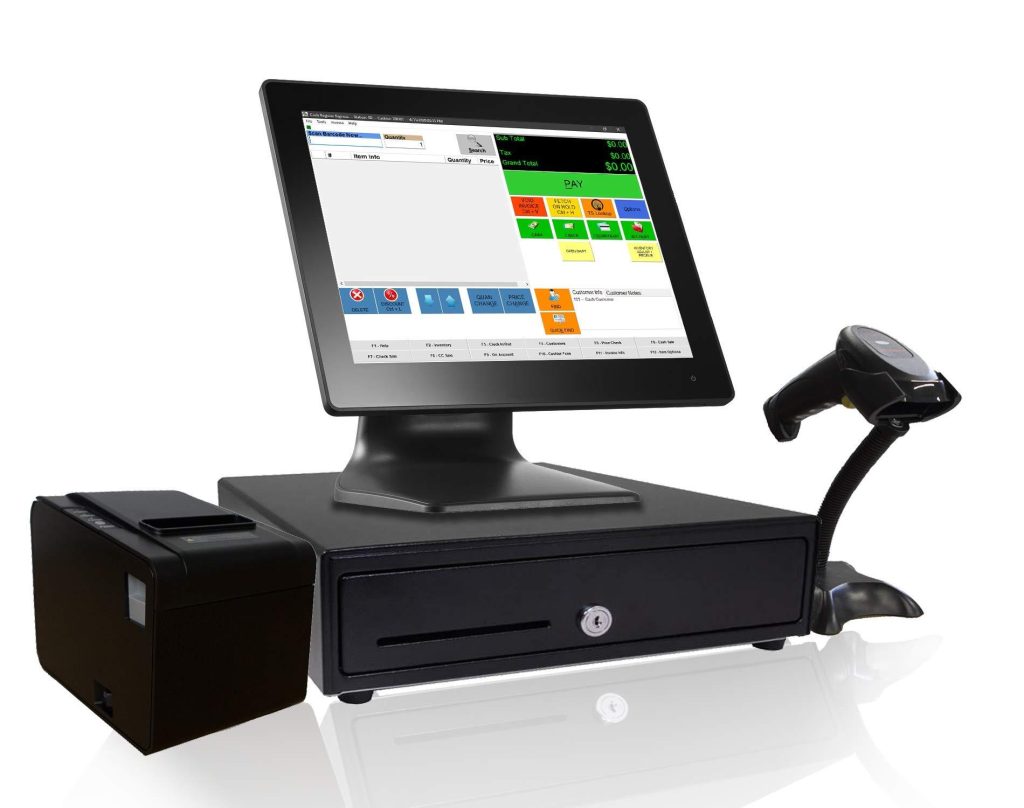
In today’s fast-paced retail landscape, efficiency is key to staying ahead of the competition. One crucial aspect of achieving this efficiency is implementing a robust Point of Sale (POS) system. A POS system is more than just a tool for processing transactions; its a comprehensive solution that can definitely help you manage your inventory, track sales, and enhance the overall customer experience.In this article, we’ll explore the top POS system solutions for efficient retail operations, highlighting their features, benefits, and practical tips for implementation.
Benefits of a POS System
A POS system offers numerous benefits to retail businesses, including:
Improved accuracy: Automated processes reduce errors and discrepancies in sales tracking and inventory management.
enhanced customer experience: Faster checkout processes and personalized promotions lead to increased customer satisfaction.
Increased efficiency: Streamlined operations and automated tasks free up staff to focus on customer service and sales.
Better inventory management: Real-time tracking and alerts help prevent stockouts and overstocking.
Data-driven insights: Access to sales data and analytics informs business decisions and optimizes operations.
Top POS System Solutions
The market is flooded with POS system solutions,each with its unique features and benefits. Here are some of the top options:
Shopify POS: A cloud-based POS system designed for retail businesses, offering features like inventory management, customer profiles, and mobile payments.
Square for Retail: A comprehensive POS system with features like inventory tracking, employee management, and customer engagement tools.
Vend: A cloud-based POS system with advanced inventory management, customer loyalty programs, and integrated e-commerce capabilities.
Lightspeed Retail: A POS system designed for multi-store retailers, offering features like inventory management, employee management, and advanced reporting.
| POS System | Key Features | Pricing |
|---|---|---|
| Shopify POS | Inventory management, customer profiles, mobile payments | $89/month |
| Square for Retail | Inventory tracking, employee management, customer engagement tools | $60/month |
| Vend | Advanced inventory management, customer loyalty programs, e-commerce integration | $69/month |
| Lightspeed Retail | Inventory management, employee management, advanced reporting | Custom pricing |
Practical Tips for Implementation
Implementing a POS system can be a daunting task, but with the right approach, you can ensure a smooth transition. here are some practical tips:
Assess your business needs: Evaluate your retail operations and identify areas where a POS system can bring the most value.
Choose the right hardware: Select hardware that is compatible with your chosen POS system and meets your business needs.
Train your staff: Provide comprehensive training to ensure your staff is agreeable using the new system.
Monitor and adjust: Continuously monitor the system’s performance and make adjustments as needed to optimize operations.
Case Studies
Real-world examples of businesses that have successfully implemented POS systems demonstrate the tangible benefits of these solutions. as a notable example:
Fashion retailer: A fashion retailer implemented a POS system and saw a 25% reduction in inventory discrepancies and a 15% increase in sales.
Restaurant owner: A restaurant owner implemented a POS system with mobile ordering and saw a 30% increase in take-out sales and a 25% reduction in wait times.
First-Hand Experience
We spoke with a retail business owner who recently implemented a POS system: “The biggest benefit for us has been the ability to track inventory in real-time. We’ve reduced stockouts by 50% and freed up staff to focus on customer service. The system has also provided valuable insights into our sales data, allowing us to make informed decisions about inventory and marketing.”
benefits and Drawbacks
While POS systems offer numerous benefits, there are also some potential drawbacks to consider:
Cost: Implementing a POS system can be a notable upfront investment.
Complexity: Some POS systems can be complex and require extensive training.
Integration: Integrating a POS system with existing systems can be challenging.
Though, the benefits of a POS system far outweigh the drawbacks. By streamlining operations, improving accuracy, and enhancing the customer experience, a POS system can have a significant impact on the success of your retail business.
Conclusion
a POS system is a crucial component of efficient retail operations. By selecting the right POS system and implementing it effectively, you can streamline your business, reduce costs, and enhance the customer experience.Whether your a small boutique or a large retail chain, a POS system can help you stay competitive in today’s fast-paced retail landscape. Remember to assess your business needs, choose the right hardware, train your staff, and continuously monitor and adjust the system to ensure optimal performance. With the right POS system in place, you can take your retail business to the next level and achieve long-term success.



